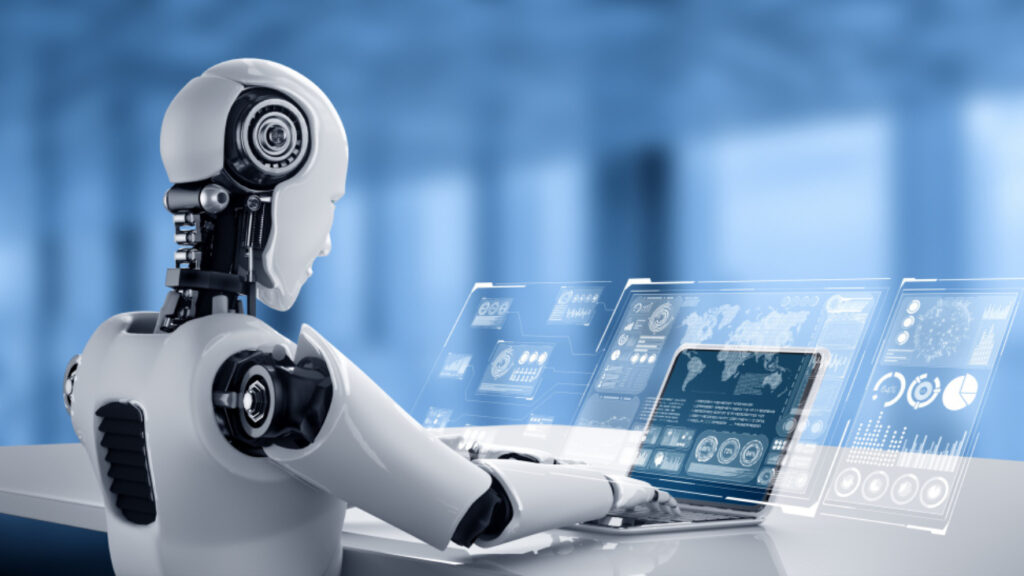In today’s world, automation plays a critical role in many software development operations. This trend has been drastically increasing due to emerging technologies such as Artificial Intelligence (AI) and Machine Learning (ML). With the assistance of these technologies, software automation can now be more effectively controlled, organized and used for a broad range of tasks. And Machine Learning is an essential contributor to this effort in software automation.
What is Machine Learning?
Machine Learning is a sub-field of AI that uses models to recognize patterns in data and generate insights to enable smarter decision making. For example, ML algorithms can analyze customer demand patterns to prioritize what products should be developed and marketed. ML systems also enable businesses to detect fraudulent attempts faster and automate customer service processes.
How Machine Learning Enhances Software Automation
Software Automation effectively eliminates manual labor and enhances efficiency and accuracy in the development process. Coupling it with ML can further accelerate this process and increase its overall effectiveness. ML algorithms are capable of analyzing popular trends in the market as well as recognizing any potential issues that may arise.
For instance, ML can detect any bugs and glitches in the system, making it possible to fix them before releasing the software. It can also be used for advanced testing and debugging processes, allowing for more effective bug elimination and system verification. Additionally, ML algorithms can understand the behavior of potential customers and identify potential sales opportunities, making it easier to design marketing campaigns and outreach efforts.
Real-world Applications of Machine Learning in Software Automation
The use of ML in software automation is growing rapidly, and its applications are prevalent in a variety of industries. Many major tech companies, such as Google and Microsoft, have leveraged the data-driven insights of ML algorithms to develop more efficient and successful products.
For example, major streaming platforms such as Netflix and Spotify can predict user preferences and recommend personalized content. It caters to individuals’ tastes from the data gathered from their platforms. Machine Learning is also widely used in security applications, enabling systems to detect and prevent threats in real-time.
Optimizing Machine Learning for Software Automation
When used effectively, ML has the potential to enhance software automation greatly. However, for ML algorithms to be effective in this endeavor, it is necessary to curate and process data properly. As large amounts of data must be analyzed, developers must ensure the models are accurately trained to recognize patterns and draw valid insights.
Additionally, ensuring up to date and accurate data is a priority as it is essential for effective decision-making. Data streaming can optimize the analysis process better and enable faster decision making. ML algorithms must also be trained with the appropriate parameters to adapt and evolve with shifts in customer demand and the underlying technology.
Conclusion
Machine Learning is an powerful tool that can revolutionize the software development process by automating mundane tasks, detecting bugs and glitches, and recognizing patterns and insights. By optimizing data and appropriately training ML algorithms, developers can gain a competitive edge in the software automation space and empower their products with added intelligence and robustness.
Thank you for your interest in Bahaa Al Zubaidi blogs. For more information, please stay tuned to www.bahaaalzubaidi.com.
